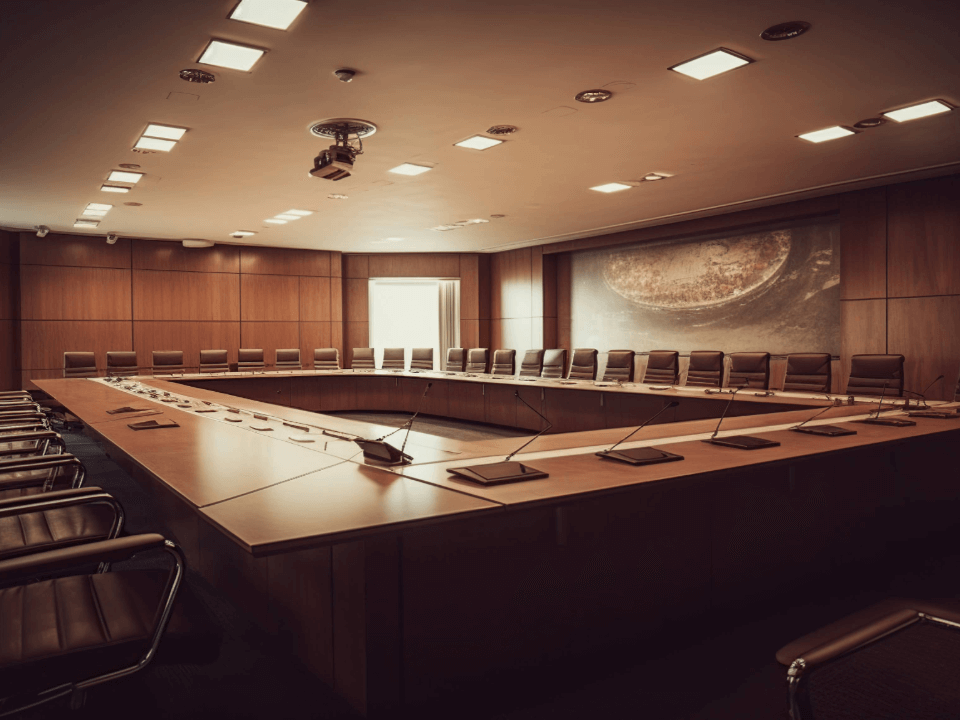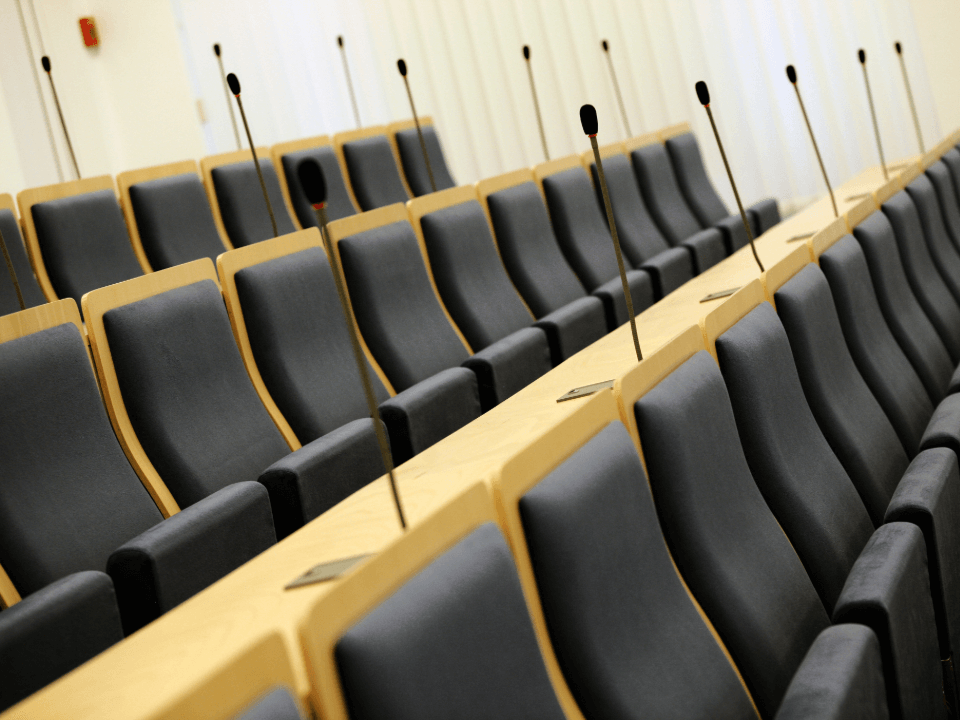Behind the development of communication and information technologies come a number of social considerations. The changes dictated by the pandemic have inevitably translated into technological changes, allowing us to communicate at a distance thanks to videoconferencing solutions.
Whereas until recently meeting solutions were only used partially and only when necessary, we have found ourselves having to live with a massive and often uncontrolled use of this powerful medium.
But why is it so difficult to find the right balance between the implementation of new technological solutions and their correct use?
From a sociological point of view, the relationship between culture and technology has always been a subject of strong debate. In 2011, Kevin Kelly stated that technological acceleration is something that is beyond human control, shaping culture. In this sense, it is as if we are faced with a self-feeding phenomenon, bringing mankind face to face with new solutions but also with new problems.
Jenkins, on the other hand, with his idea of convergent culture, expressed how the relationship between these two poles can be seen from another perspective, where it is man, through culture, who shapes and defines the new technologies.
In the era in which we now live, some things have changed again. We are still adapting to this change, implementing technology, increasing new solutions but facing new challenges and problems.
The key players in the ethical debate surrounding meeting solutions are, first and foremost, the organisations providing this technology. Indeed, it is from them that a series of considerations should start, guaranteeing their customers reliability, ease of use and continuous support to educate them in the correct use of this tool.
On the other hand, we find those who actually use these technologies: collaborators, stakeholders, top management, who have had to come to terms with a vertiginous increase in the number of hours spent in remote meetings, reshaping time spaces and the boundaries between private and work spheres.
The question that arises is how to enter into a concept of trust and respect between all employees, preserving their integrity, measuring performance and work performance?
It is necessary to take a step back, to allow us to carefully evaluate both the sociological and psychological aspects related to the use of these technologies. To do so, it is important to open a dialogue between all the people involved with this tool. Only in this way will it be possible to find new models of reference, not so much to maintain a sterile link with a change in the making, not to be excluded from significant trends, but rather to bring innovation, ideas and stimuli to improve the way of understanding the organisation and its processes.
We are faced, perhaps, with the real challenge dictated by the evolution of meeting solutions: to find new models, new paradigms, to enable all the people who benefit from this tool to find the right balance, the best practices to maintain harmony between all the working, social and psychological aspects of people.


